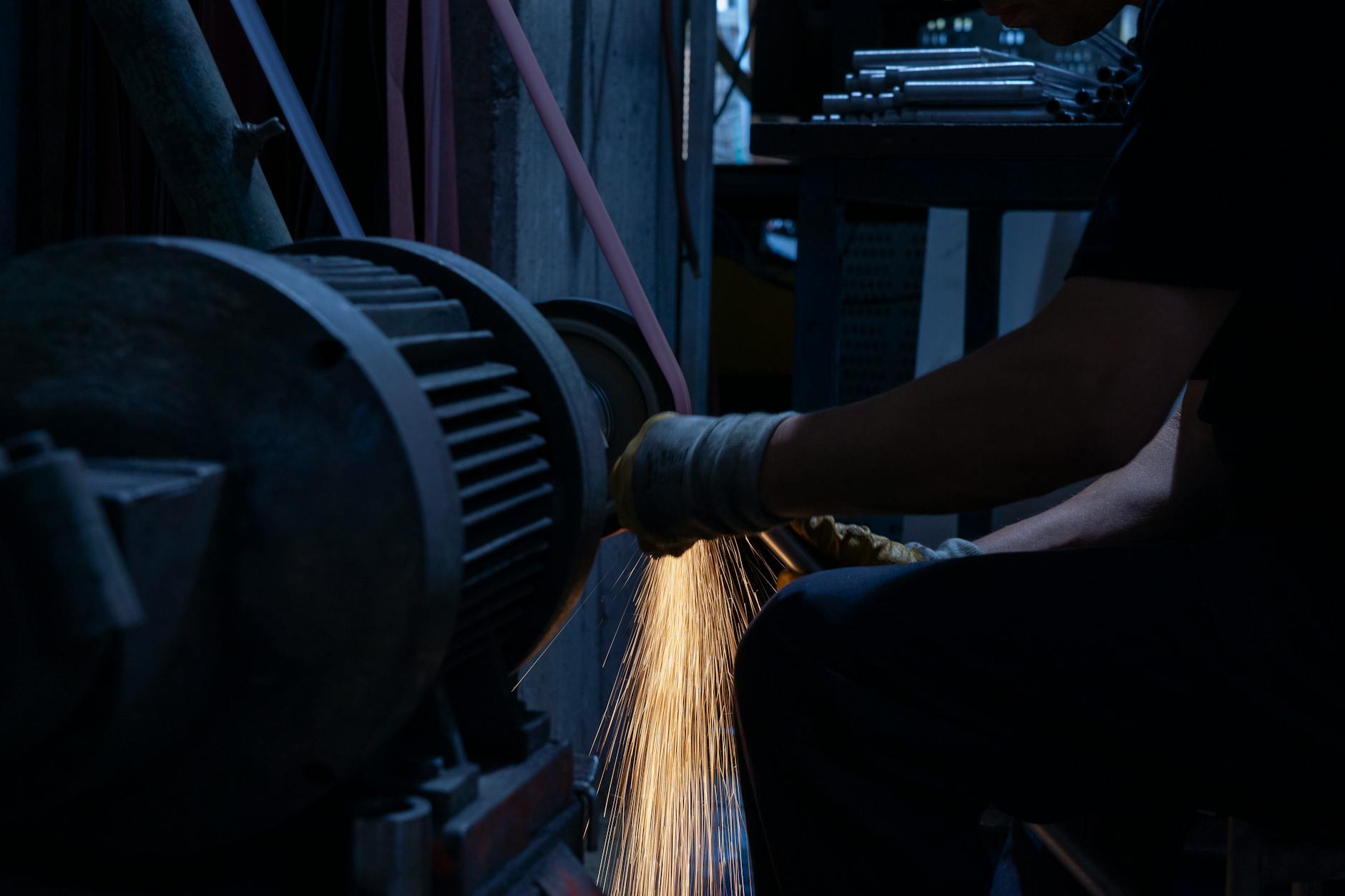
Crafting Excellence: Prototyping and Fabrication in Modern Machine Shops
Prototyping is the cornerstone of innovation in machine shops. It's where ideas take shape, and concepts are transformed into tangible products. Machinists harness the power of precision tools like lathes and milling machines to sculpt raw materials into intricate workpieces. Every cut, every turn, and every drill press operation is a step towards perfection. Prototyping allows manufacturers to test designs, evaluate tolerances, and identify potential flaws before fullscale production begins. With the advent of CNC machining, the prototyping process has become more streamlined and efficient than ever. Machinists can now program machining centers to execute complex operations with unparalleled accuracy, paving the way for faster and more costeffective production cycles.